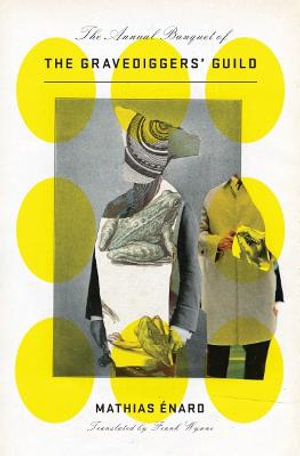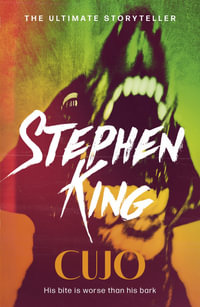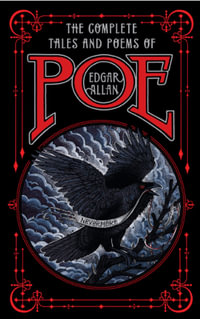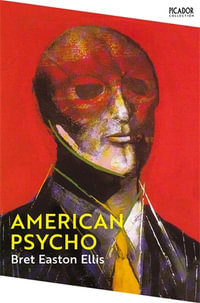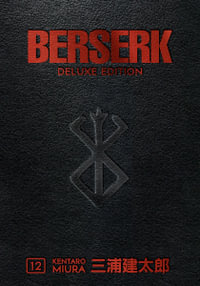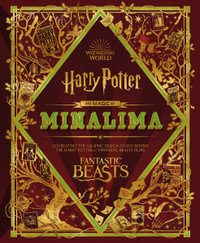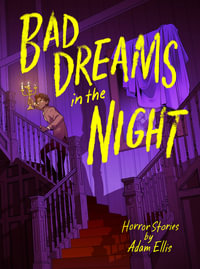WINNER OF THE 2024 FRENCH-AMERICAN FOUNDATION TRANSLATION PRIZE
To research his thesis on contemporary agrarian life, anthropology student David Mazon moves from Paris to La Pierre-Saint-Christophe, a village in the marshlands of western France. Determined to understand the essence of the local culture, the intrepid young scholar scurries around restlessly on his moped to interview residents.
But what David doesn't yet know is that here, in this seemingly ordinary place, once the stage for wars and revolutions, Death leads a dance: when one thing perishes, the Wheel of Life recycles its soul and hurls it back into the world as microbe, human, or wild animal, sometimes in the past, sometimes in the future. And once a year, Death and the living observe a temporary truce during a gargantuan three-day feast where gravediggers gorge themselves on food, drink, and language.
Brimming with Mathias Enard's characteristic wit and encyclopedic brilliance, The Annual Banquet of the Gravediggers' Guild is a riotous novel where the edges between past and present are constantly dissolving against a Rabelaisian backdrop of excess.
Industry Reviews
"All of Enard's books share the hope of transposing prose into the empyrean of pure sound, where words can never correspond to stable meanings. He's the composer of a discomposing age." -- Joshua Cohen - The New York Times Book Review
"Enard fuses recollection and scholarly digression into a swirling, hypnotic, stream-of-consciousness narration." -- Sam Sacks - The Wall Street Journal
"In Mathias Enard's magnificent new novel, they banish the ghosts by feasting on a grand, Rabelaisian scale.Through a meal that takes in innumerable courses, boisterously parodic speeches and industrial quantities of fermented grape juice, Enard guides the reader through a history of eloquence, which runs from Boethius to Bossuet, and a story of the French palate that leaves no dish unturned." -- Irish Times
"There is a capricious divinity at work here, and his name is Enard." -- Jeremy Lybarger - 4columns
"The real story becomes history, the fluidity of time, the democratizing powers of death, and - through a stew of Buddhist, Christian and Islamic philosophies - the cyclical jumble of life. This is Enard at his best..." -- Martin Riker - The New York Times
"A feast of pathos and pleasure, and a shimmering argument for the interconnectedness of everything." -- The New Yorker
"Cosmic melody-sometimes rhapsodic, sometimes dissonant or atonal-orchestrates the novel, binding the disparate characters into loose networks of karmic reciprocation and rebirth." -- Dustin Illingworth - The Nation
